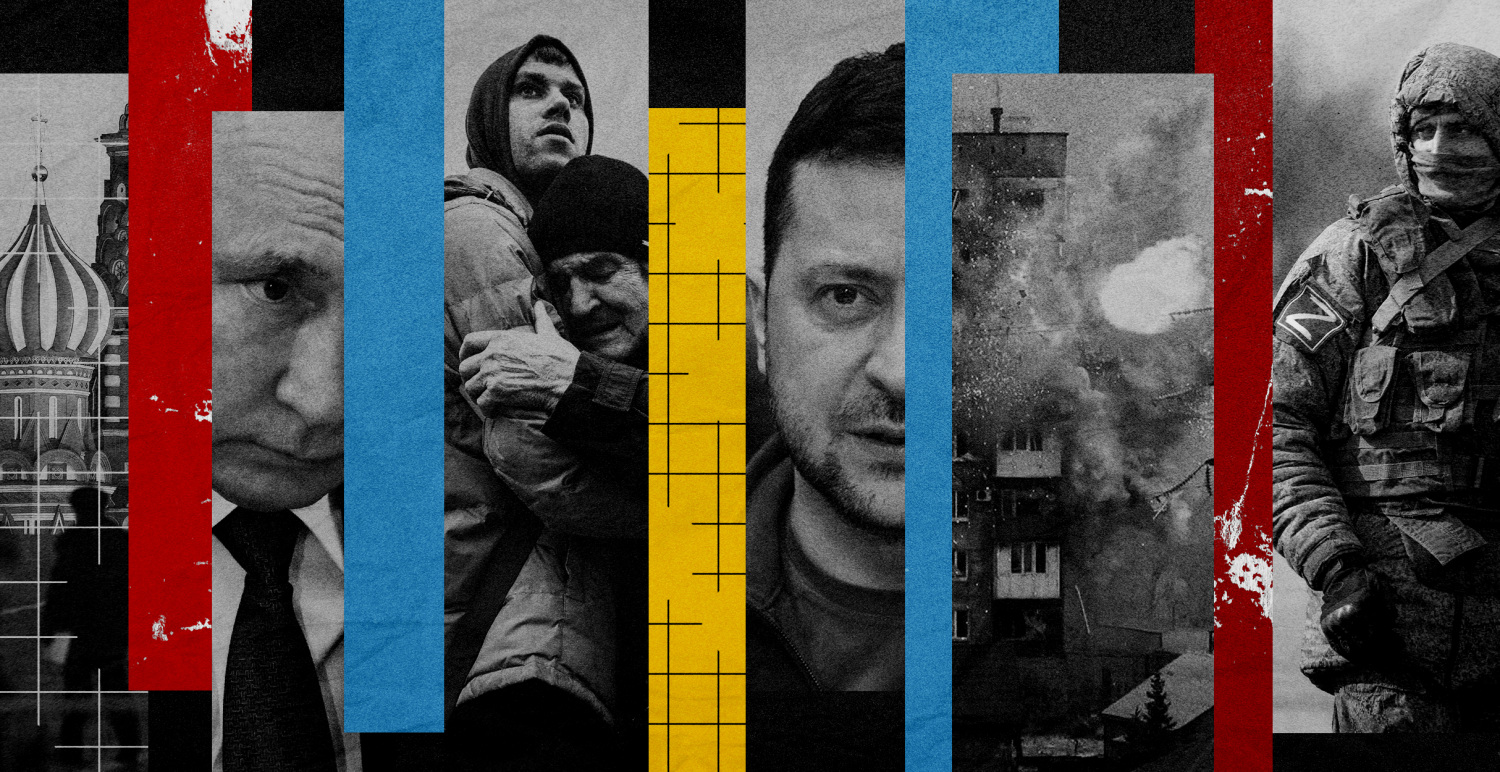
No one has made a move that might signal a cease-fire. But escalation is not inevitable either.
The long-distance face-off between Vladimir Putin in Moscow before the two chambers of the Duma and Joe Biden in Warsaw before an enthusiastic crowd on Tuesday represents a tipping point in managing the war in Ukraine 48 hours before the first anniversary of the invasion. The Russian president has gone a step further by withdrawing from the Strategic Arms Reduction Treaty signed to reduce strategic arsenals; the U.S. president has declared that “Ukraine will never be a victory for Russia” and that the Western allies will never tire of supporting the government of Volodymyr Zelenskyy. It is an atmosphere of unmitigated tension fueled by the presence of China’s Foreign Affairs Minister Wang Yi in Moscow, with Beijing increasingly willing to tip the scales in Putin’s favor.
Any hope of a potential cease-fire is even further away than before. Military logic continues to operate on both sides. It has been that way since day one for Putin, who sought to fool the world a year ago up until the day he crossed the Ukraine border. It has been that way for the West, which has come to think of the Russian president as an autocrat who, as before, will end up mocking any attempt at appeasement and for whom the only thing that works is the word “no” and proclaiming that “there is no freedom without solidarity.” And it is still that way, too, for a Ukraine that is unwilling to relinquish its sovereignty, especially when countries are still fulfilling promises of military aid and every imaginable Russian weakness continues to be exposed in a conventional war.
There is nothing very new in all of it, other than confirmation that to expect the end of hostilities in the coming months is but an illusion. If the leftists who still remain neutral have not found reason in Putin’s actions since last year to be clear about who the aggressor is, it is doubtful that Tuesday’s national and religious proclamations against Western values will give them pause. Not even Russia’s withdrawal from START — a reckless and provocative gesture — can significantly change the calculation. Long before Putin announced the withdrawal, any belief that Russia was willing to put its long-range nuclear weapons under control was just an illusion. Making it its primary goal, the Kremlin seeks to eliminate the status quo it inherited after the fall of the Soviet Union and set up a new state of affairs directly with the U.S., without European intervention and backed by China.
For the EU — which has faced the economic impact of the conflict with greater difficulty than the U.S. but has done significantly better than expected — the situation is extremely complicated because as long as the military reasoning for continuing the war prevails, the EU will rely on what the White House decides at every turn with respect to NATO. And until the situation on the ground makes it clear that both unmitigated victory and defeat are unimaginable for either side, things are not likely to change. The world needs the parties to reach that point, but until then, no one can yet imagine anything that would short-circuit the extended conflict long enough to make any predictions based on available information. However, in the meantime, we can at least expect that the West and Russia will avoid further escalation.

Leave a Reply
You must be logged in to post a comment.